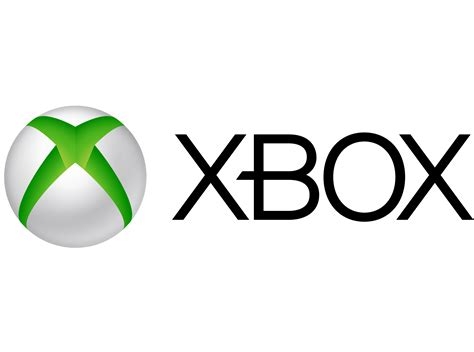So far everything seems normal… until you look at why some groups approved it and why the UK blocked it. This is the elephant in the room that makes almost no sense to me (and many others). The focus is around cloud gaming. Yep, you heard that right, nothing about PC or console gaming appears to be part of the decisions to allow or block this deal. The FTC did cite general market competition though, which is a good sign. The EU approved the deal saying it was good for the cloud gaming market and the UK CMA blocked it saying it was bad for cloud gaming.
The problem is that cloud gaming represents about 1% of the total gaming market. Forgive me for saying this, but why is that the important factor here? It is such a small item to focus on it makes no sense from a larger market impact view. So, Microsoft has agreed to license games to cloud providers for 10 years. 10 years is a blink of an eye in terms of gaming and software development so that is not a big deal and regulatory agencies should know this. There is nothing to say that Microsoft won’t back out on those deals after the 10 years is up. This drop in the bucket does nothing for competition and innovation. The same can be said for the now massive power Microsoft would hold over other consoles on the market.
Surely agencies that are responsible for making sure there is fair competition in the market would be able to see this. Yet, the comments are all about cloud gaming. Having spoken to a few people in the industry they are just as confused as I am about this singular focus on cloud gaming. What exactly is going on here?
Microsoft does face a bit of an uphill battle though as it is not often a CMA decision is overturned. There is a chance that it would be, in this case because of the focus on cloud gaming (how ironic). In simple terms the 1% marketplace impact might not be enough to block the deal. Had the decision to block the deal dealt with larger impacts to competition and consumers it would likely have more standing. In this respect the FTC’s case appears to have more standing, at least on the surface. Microsoft has a history of less than fair competitive tactics. Everything from forcing Internet Explorer down people’s throats to requiring the licensing of the RPD protocol from Citrix and then just making it their own. Do you really think this same company will not use their advantage in the gaming market to get ahead?




